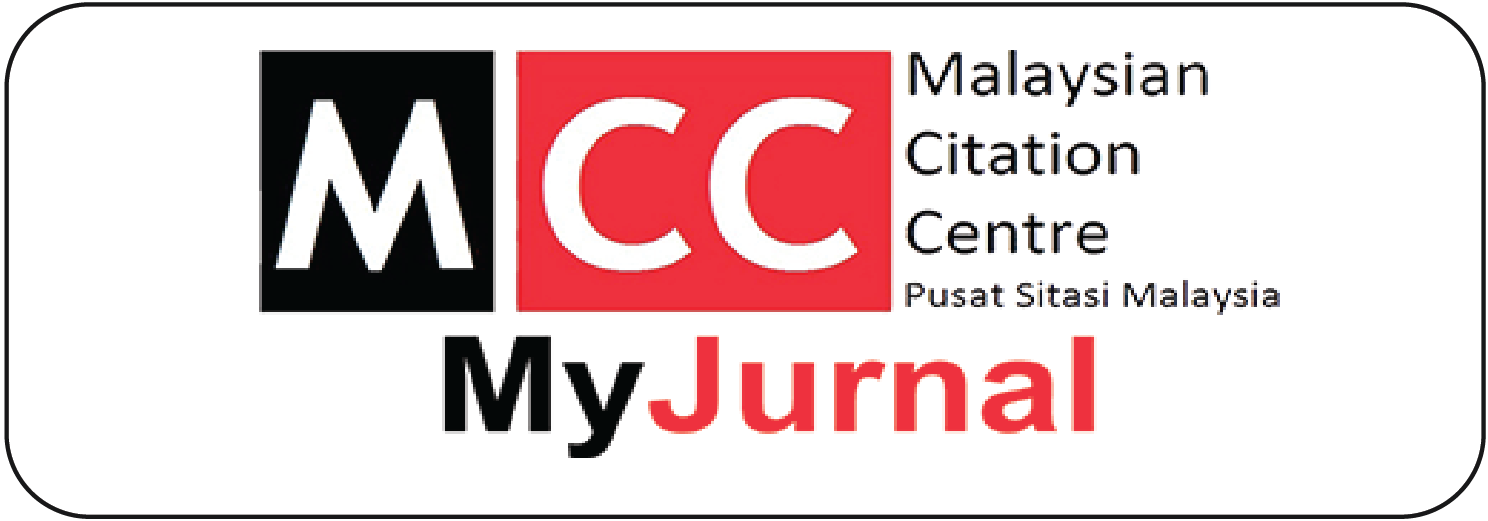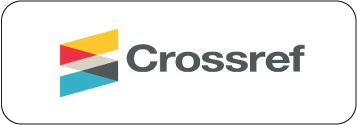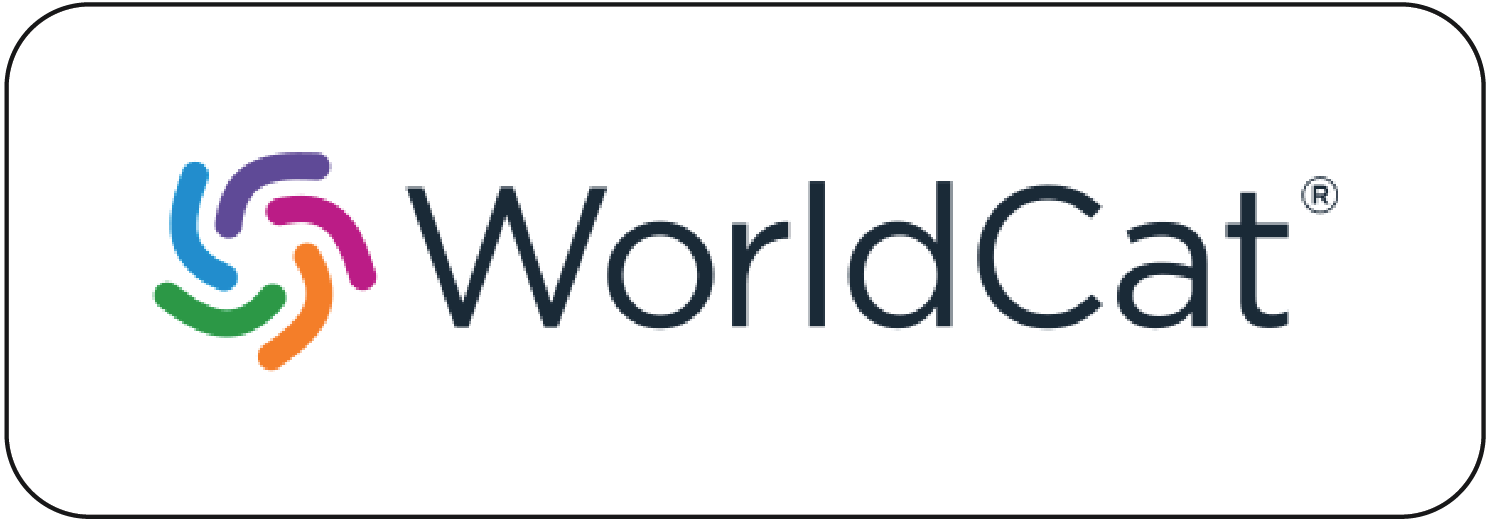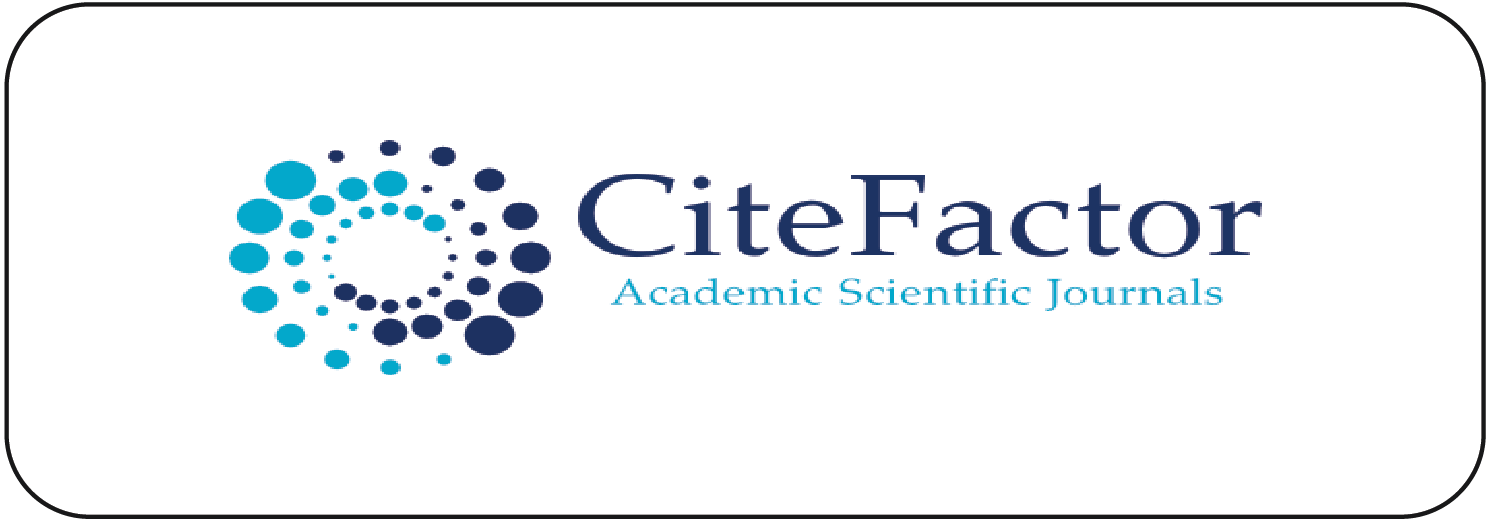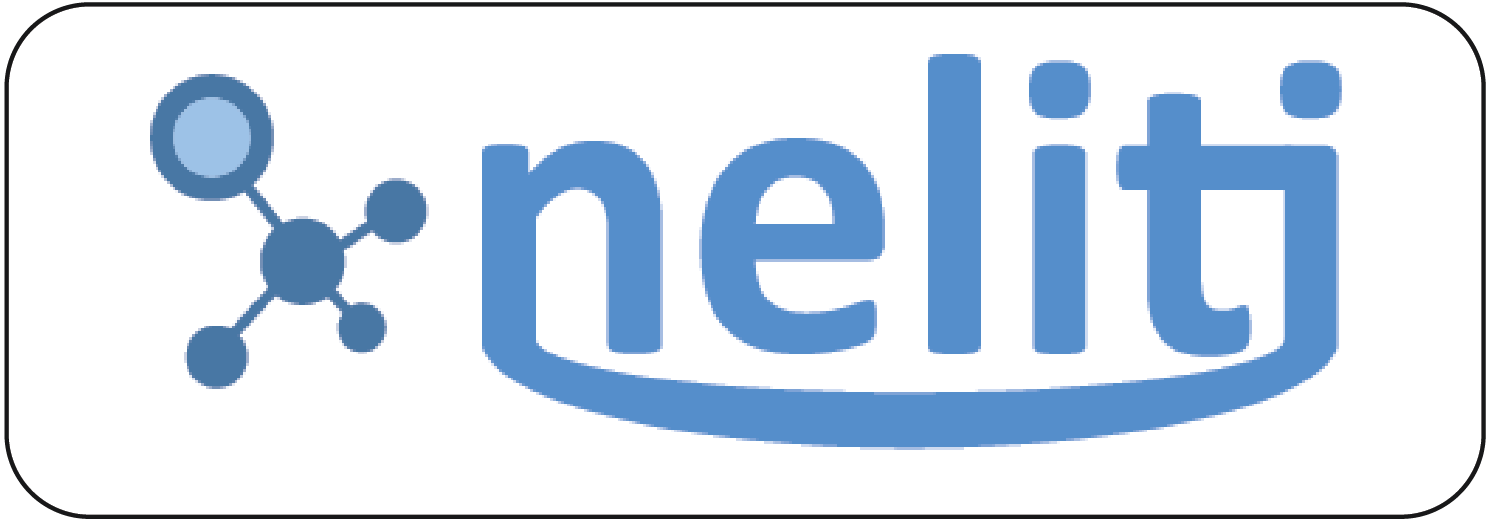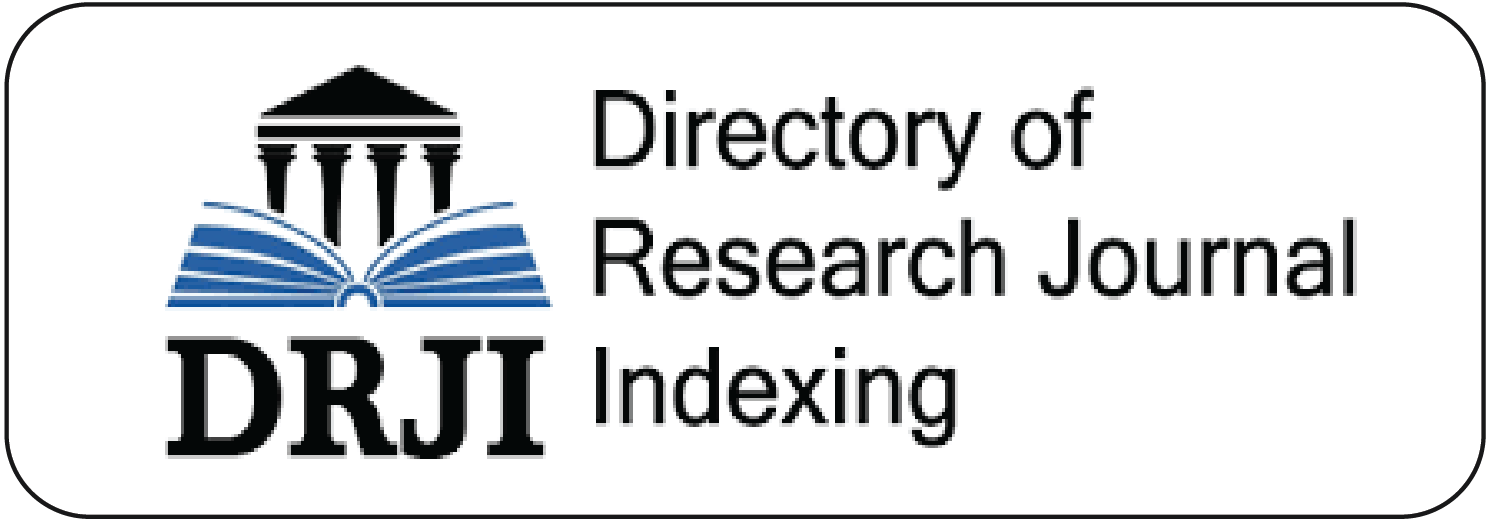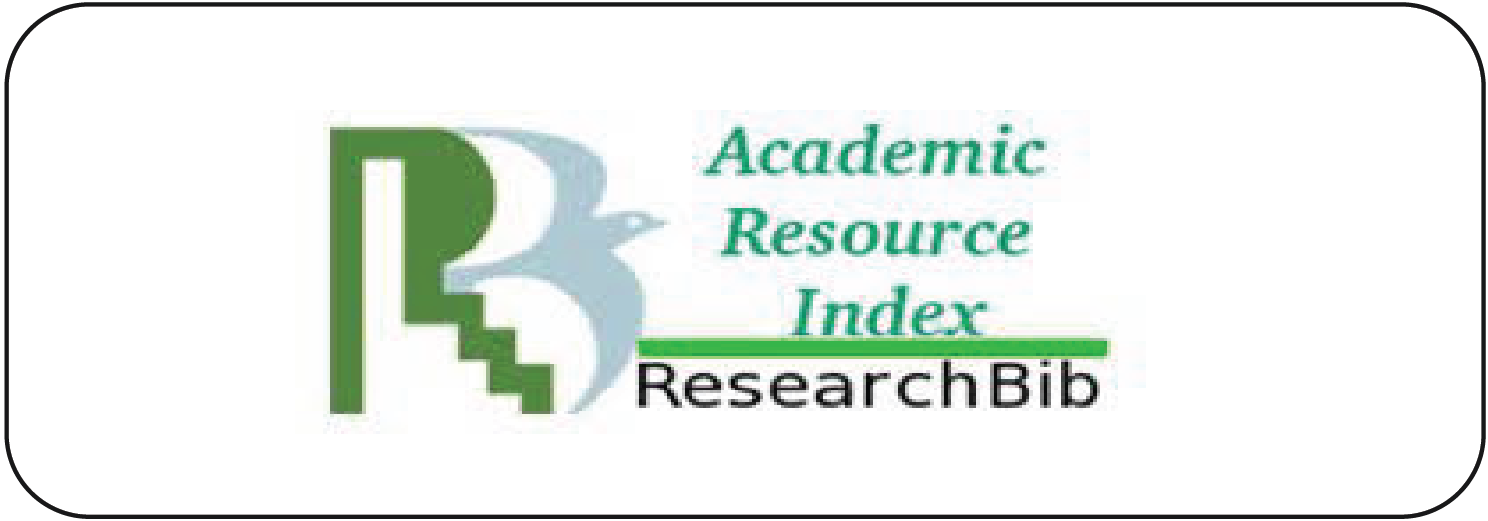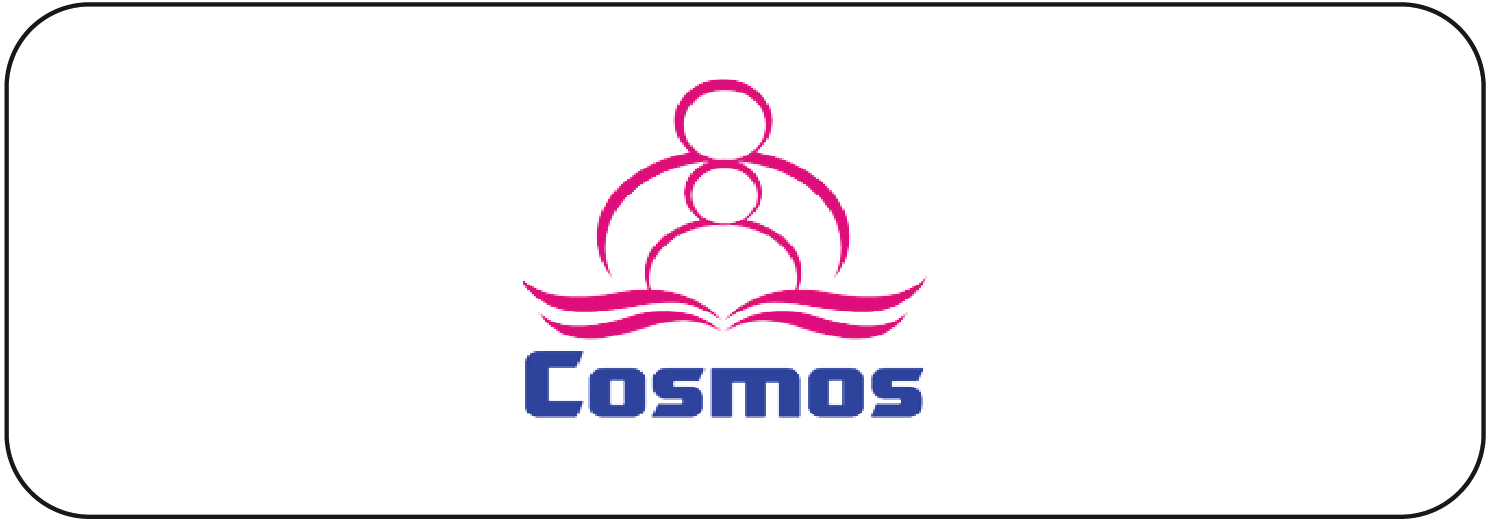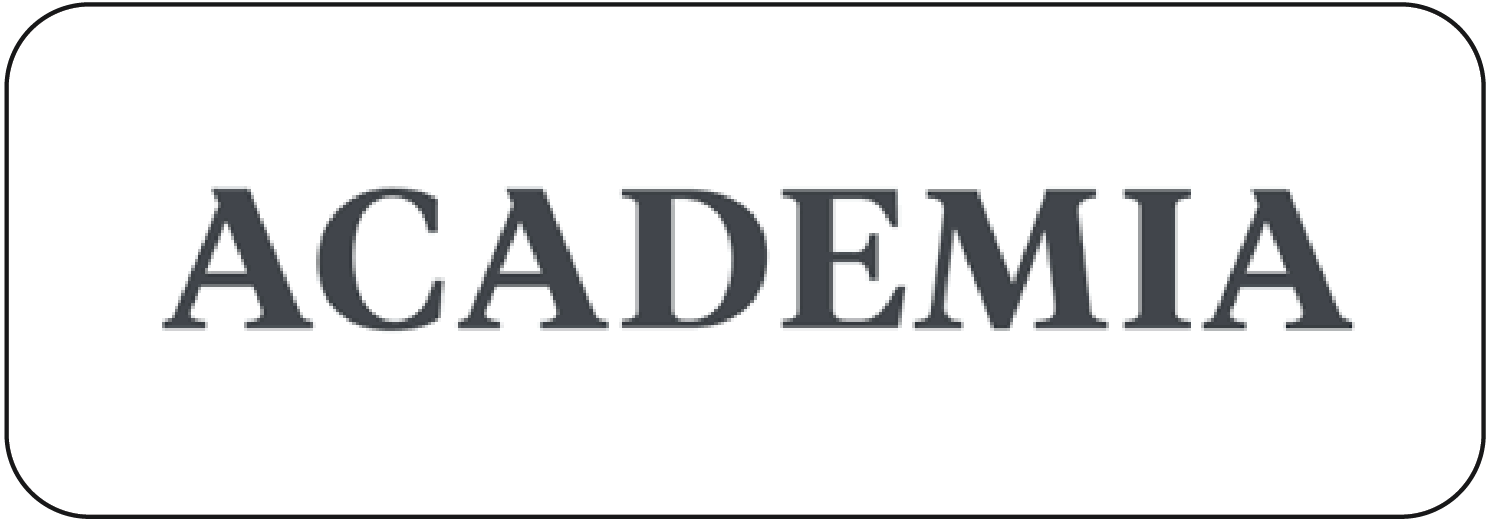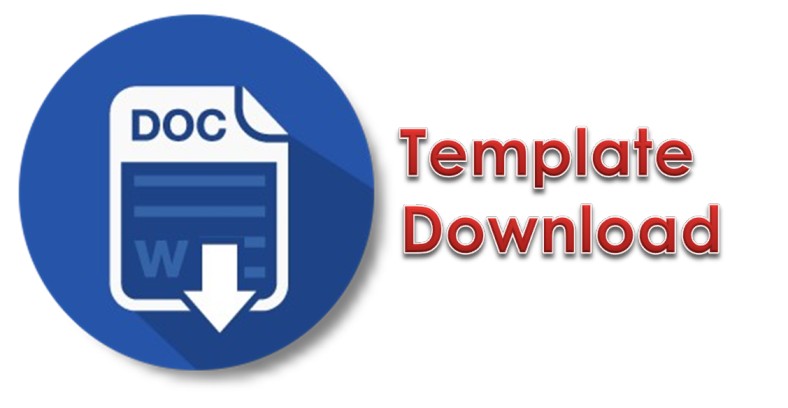The Impact of Islamic Models of Zakat and Waqf in Reducing Poverty Among Vulnerables During The Pandemic Era in Bauchi State, Nigeria
DOI:
https://doi.org/10.51377/azjaf.vol4no1.143Keywords:
Poverty, Pandemic, Waqf, Zakat.Abstract
This study examines the impact of Islamic models of zakat and waqf in reducing poverty among vulnerable during the pandemic era in Bauchi state, Nigeria. As COVID-19 pandemic became a disaster that devastated and impacted everyone in the world directly or indirectly, world leaders and economic experts shifted their plans and policies from the spread of the disease to the economic effects of it, especially on vulnerable in less developed countries like Nigeria where high rate of poverty, low supply and production, as well as loss of jobs and employment for millions became a general issue while the Bauchi state communities considered as most affected areas. The study employed a qualitative method that involved interview with relevant people as well as literature review for generating data. The study findings show that Zakat and Waqf have the potential to effectively combat any crisis or epidemic, regardless of its location, timeframe, population, or religion. If properly collected, maintained, administered, and dispersed to the individuals concerned, zakat and waqf can aid in reducing poverty and serves as a major tool for empowerment among the most disadvantaged vulnerable in Bauchi state Nigeria during and after the pandemic.
Downloads
Downloads
Published
How to Cite
Issue
Section
License
Copyright (c) 2023 Adamu Abubakar Muhammad, Ikilima Abubakar Shariff, Aminu Umar

This work is licensed under a Creative Commons Attribution-NonCommercial-NoDerivatives 4.0 International License.






